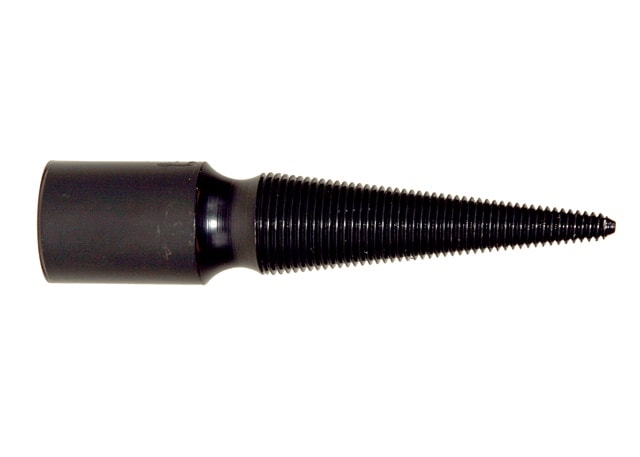Wealthy retirement savers should be aware of the tapered annual allowance that caps the cash they can put into a pension each year.
Breaking the limit leads to penalties from HM Revenue and Customs (HMRC) and lost tax relief on retirement savings.
But many pension savers could be unaware they are in trouble from breaking the limit if they have not kept a sharp eye on how much they are putting aside each month.
If you earn more than £110,000 a year, this is a quick guide to working out whether the tapered annual allowance limits effect your pension savings.
The basic rule is for anyone earning more than £110,000 a year, the annual allowance of £40,000 for pension contributions drops by £1 for every £2 earned over £150,000 a year.
Saver’s job to monitor earnings
The taper stops when the saver earns £210,000 a year or more at a minimum annual allowance of £10,000.
The taxpayer monitors their annual allowance and must stop contributing to pensions when any threshold is smashed.
That means pension savers must know how much they can contribute at any given time throughout the tax year.
This involves adding any tax reliefs and subtracting income already subject of pension gains, such as employment salary sacrifice schemes.
Managing income to become pension efficient can drop or extract savers earning around the £110,000 a year threshold out of the tapered allowance process.
Skirting the limits
For example, a director looking at a tapered allowance could switch part of a bonus into pension contributions that would lift them out of the tapered allowance.
Jon Greer, pensions technical manager of Old Mutual Wealth, gives an example of a director earning a threshold income of £111,000 a year and an adjusted income of £165,000 facing a taper of £7,500.
The director converts £2,000 of a cash bonus into pension contributions, which reduces his threshold income to £109,000 and pulls him out of the taper red region.
Another way to skirt the threshold limit is to bring forward any unused allowance from the three most recent tax years.
HMRC allows retirement savers to manage their finances in a way that avoids taper relief restrictions, but also has strict anti-avoidance rules if a taxpayer is suspected of changing their earnings arrangements deliberately to avoid the rules.
